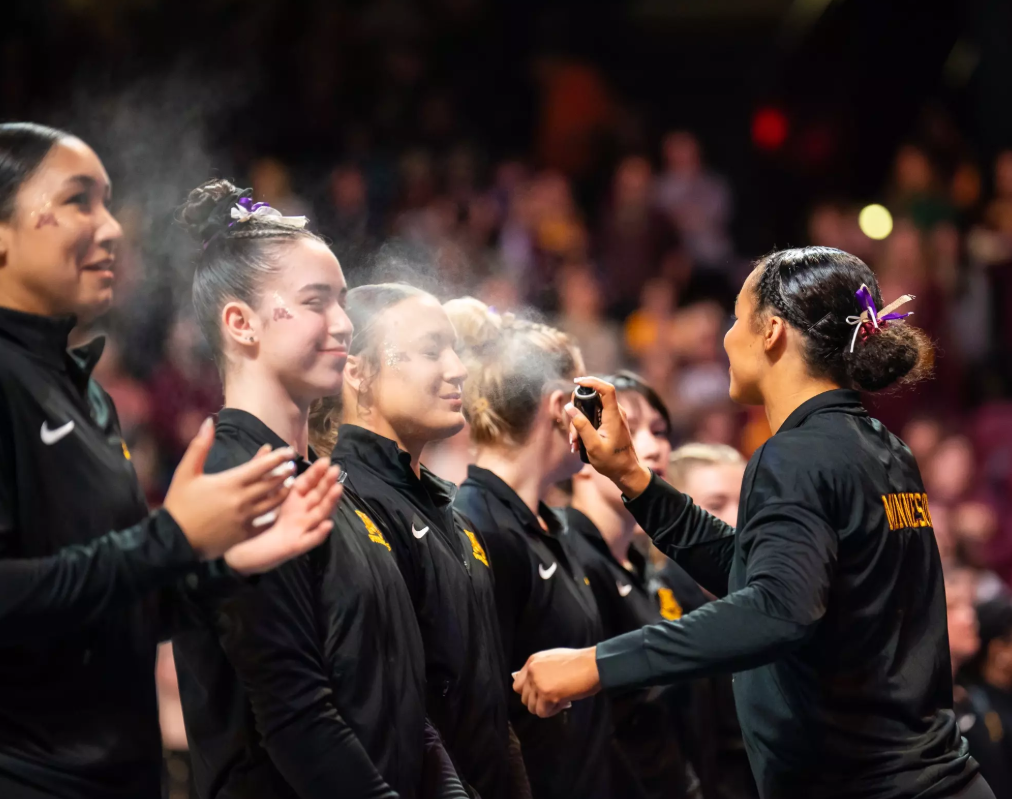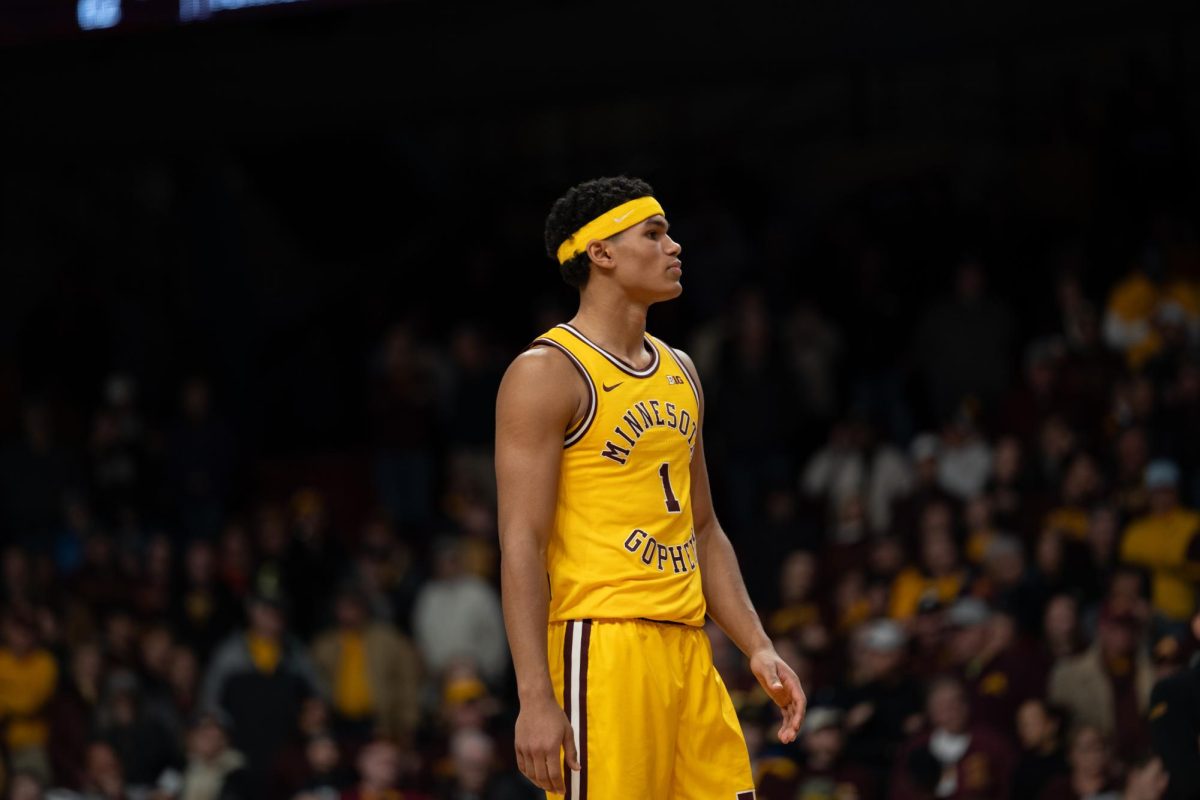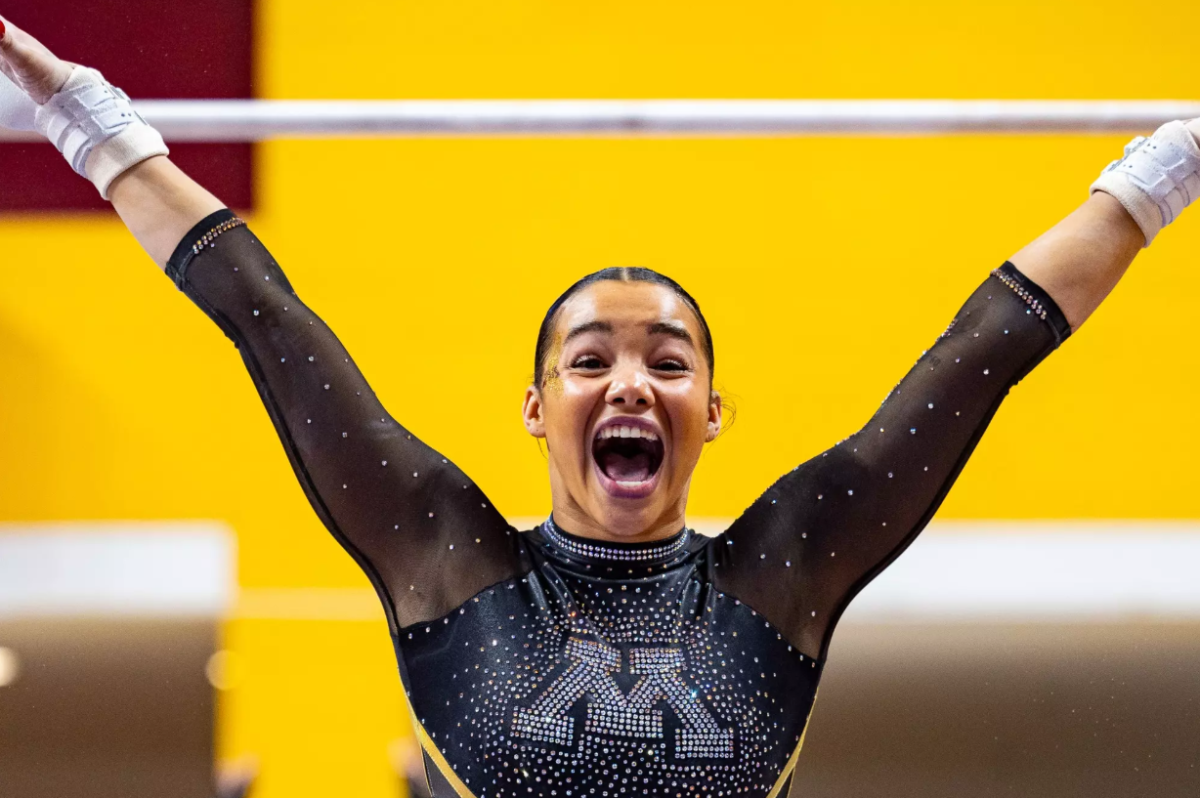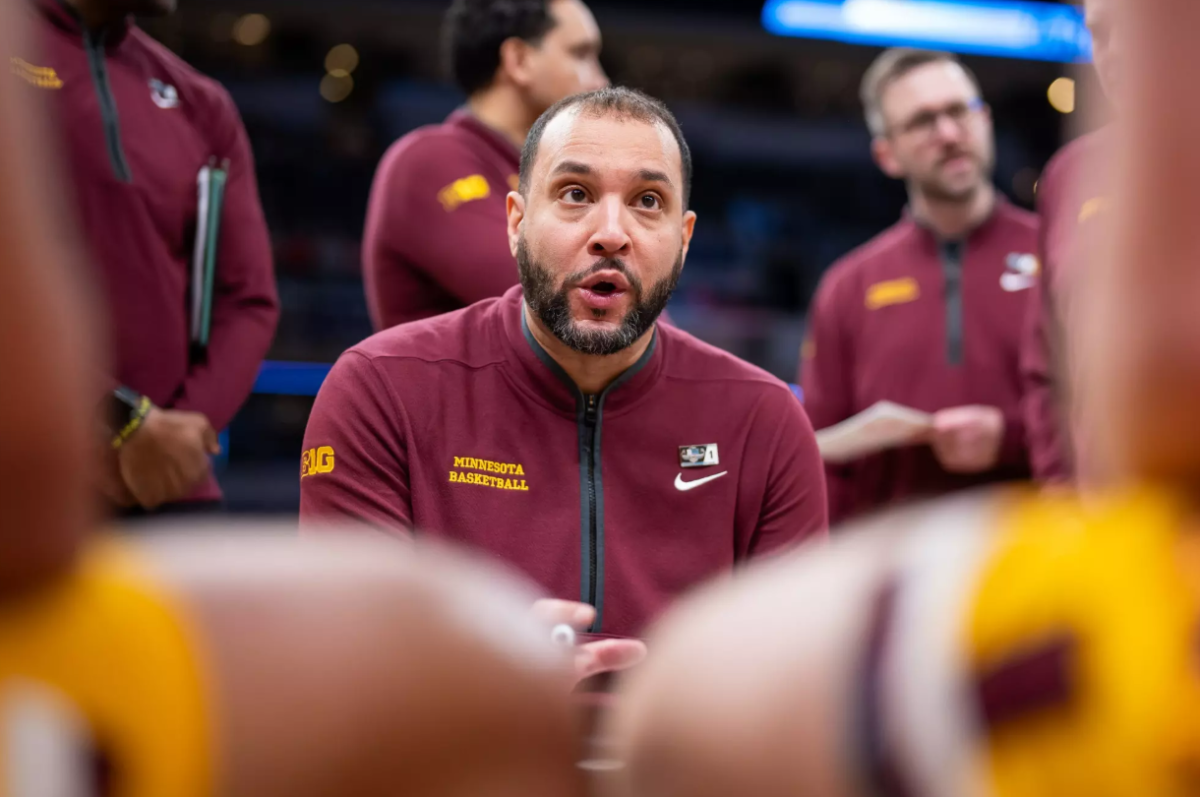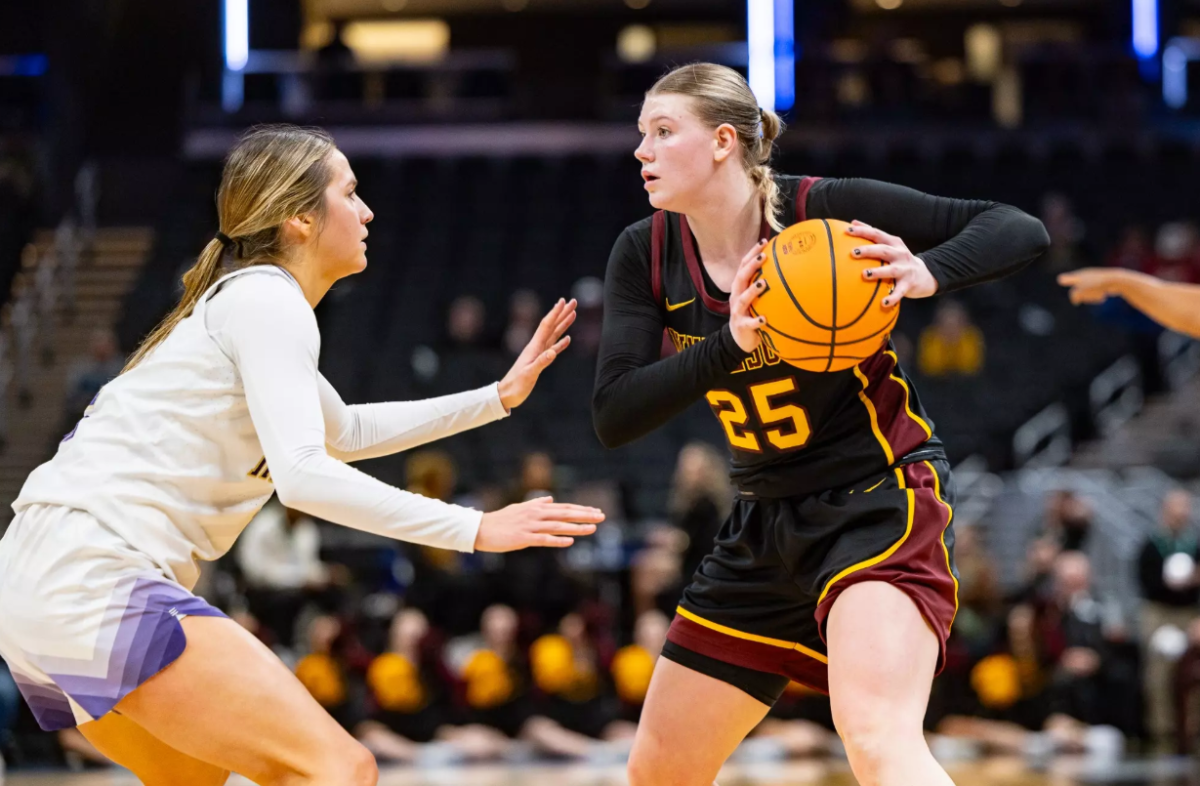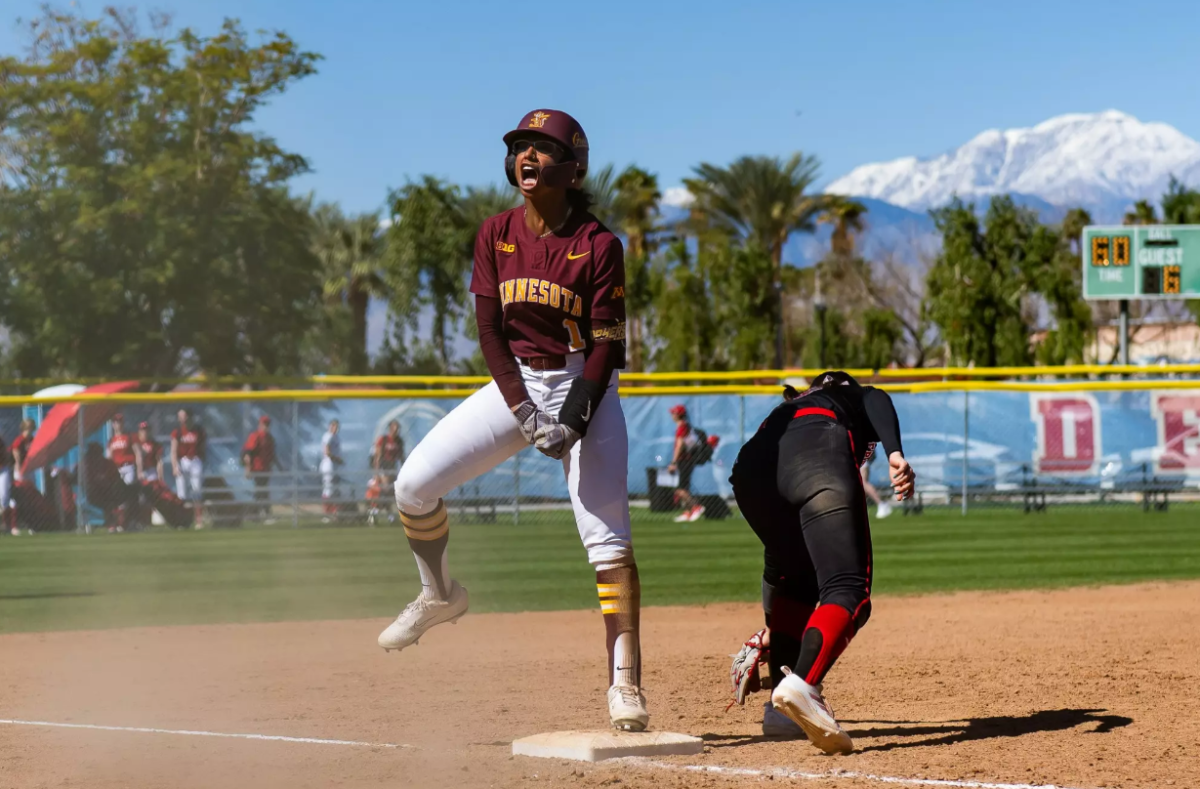The Gophers have faced solid conference foes, Iowa and Wisconsin, in their conference dual meets so far this season. But that level of competition will be pumped up this weekend as many of the Gophers line up against Olympic medalists.
USA Swimming hosts an annual series called the Arena Grand Prix, and Minneapolis is one of its host cities.
Head coach Kelly Kremer said the University of Minnesota and his program benefits from the Grand Prix being in Minneapolis.
“The eyes of the United States swimming world will be on Minneapolis for those three days, and that’s always positive,” Kremer said. “From a college swimming side, being able to stay at home and participate in a meet of this caliber is [great]. It is an inexpensive way to compete against the best in the world.”
Some of the Olympic medalists who will be at this year’s competition include Nathan Adrian, Tyler Clary and Arkady Vyatchanin.
Vyatchanin, who earned two bronze medals at the 2008 Olympic Games, also competed in last year’s Grand Prix.
Minnesota sophomore Daryl Turner had the opportunity to race against him in the 100-yard backstroke as a freshman, losing by 1.01 seconds for a third-place finish.
“It was unreal,” Turner said. “Last year was actually my first time racing against an Olympian. It was definitely a really cool experience. I was really happy to get that [experience].”
This year, Turner will be up against Adrian, a two-time gold medalist at the 2012 London Olympics.
“Nathan Adrian will actually be in both freestyles with me [at the Grand Prix],” Turner said. “One of the main things that I am looking forward to about this meet is to race against the best. In order to be the best, you have to race against the best. I see it as an opportunity to learn and an opportunity to race fast.”
Gophers assistant coach Steve Miller said the Grand Prix will give the swimmers a look at what is beyond the collegiate season.
“[When] you think about international swimming, I know that [the Grand Prix] will give our athletes the most exposure,” Miller said.
Kremer said the tournament’s format will also be beneficial for the team down the road.
“Getting used to a three-day format, where you have prelims, finals and swimming a ton of events, will prepare us for February and March,” Kremer said. “We will be confronted with the same [format] at the Big Ten and NCAA [championships].”


